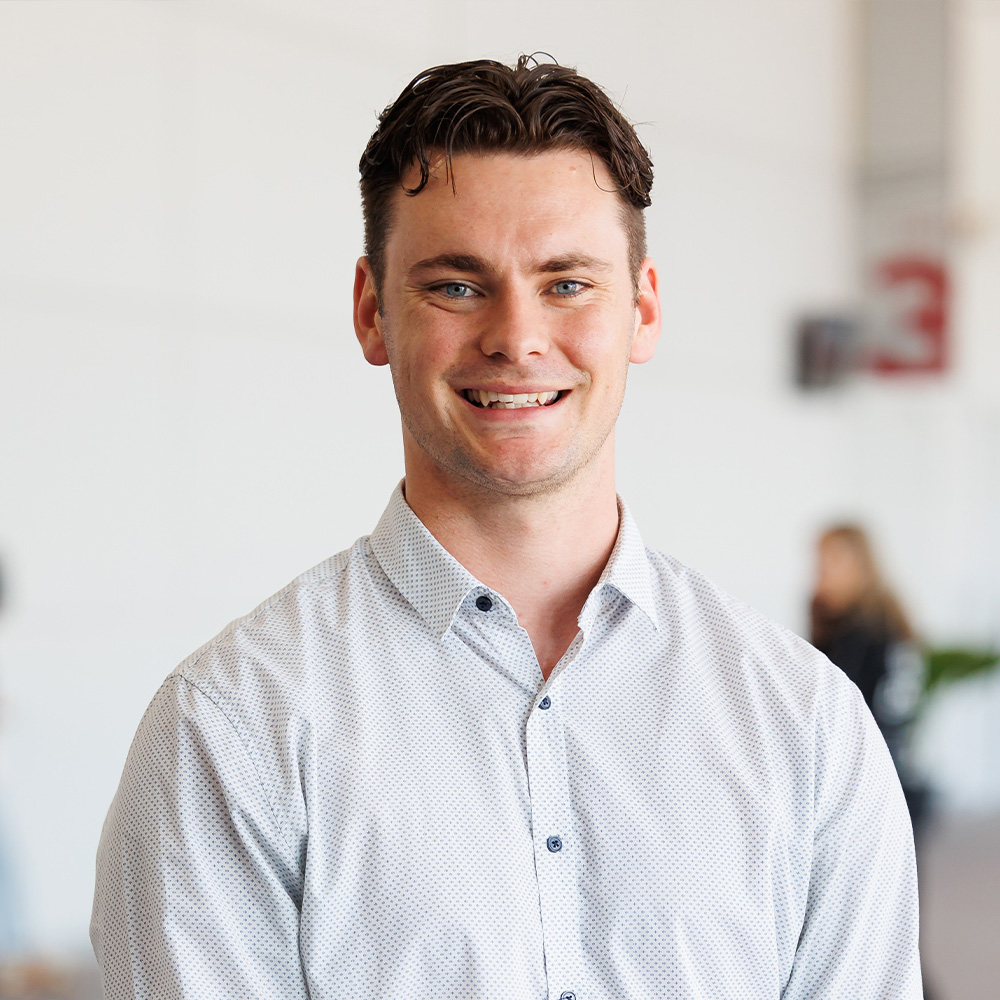Across Australia, our Rural Generalists are making a meaningful impact in their communities, shaping stronger healthcare systems, and forging diverse and inspiring career paths. Many ACRRM members have also been recognised nationally, receiving awards for their leadership, dedication, and contribution to rural and remote medicine.
Explore our collection of member stories to discover the real experiences behind rural generalism - the challenges, the rewards, and the journeys that define our College.
If you’re an ACRRM Rural Generalist and would like to share your story, we’d love to hear from you. Contact us at communications@acrrm.org.au.
If you had to describe your Rural Generalist journey in three words, what would they be?
Supported, exciting, empowering.
What inspired you to pursue a career in rural medicine?
I’m a current ACRRM registrar completing my core generalist year at Central Gippsland Health in eastern Victoria. Growing up on a small hobby farm in West Gippsland was where I fell in love with the country lifestyle. I completed my schooling there before moving up to the city—which I got out of as soon as possible—to pursue placements throughout Gippsland, where I discovered my passion for rural health.
Seeing the inequities associated with access to healthcare didn’t sit right with me, and even as a student, I felt I was able to make a difference in patients’ lives. In the city, I felt like a cog in a much larger machine.
Seeing the incredible work of Rural Generalists—how they can see their patient in the community, emergency department, and provide their anaesthetic while also saying hi at the local coffee shop—was such a special journey that I knew that was what I wanted to do.
Why did you choose the ACRRM program for your Fellowship training?
ACRRM seemed like the perfect choice for me, knowing I wanted to go into rural generalism and practice in remote areas at different stages of my career. Additional hospital experience, as well as the rural perspective being embedded in the values of the College and its education, was perfect and makes for a more well-rounded rural clinician. The flexibility of the program in location and time may also allow other opportunities in medical education or advocacy as I progress through my Fellowship training.
I’m very much looking forward to exploring subspecialties such as O&G and CCU while continuing to develop my general and emergency skills. I think this is the beauty of the core generalist training—producing well-rounded clinicians before going into primary care.
Is there a particular experience that has shaped your journey so far?
Being introduced to Rural Generalist medicine by the GP anaesthetists at Warragul Hospital was certainly a pivotal moment where I learned about the pathway. This was then reinforced by the incredible team at Heyfield Medical Centre, managing a subacute hospital and aged care beds alongside a full patient load in GP.
What do you find unique about rural medicine compared to urban practice?
I love the flexibility and myriad of opportunities that present for education, advocacy, and interesting medicine rurally. Not to say that these things don’t exist in a metro setting, but the competition is generally vastly greater. Students and junior doctors rurally often have increased responsibilities and procedural experience compared to metro colleagues.
There is also a stronger sense of community—you often know the GP you’re referring back to, and I think this continuity of care is very special. I’m very passionate about equity of access to healthcare for rural patients and the wellbeing of our rural health workforce.
I have taken up a board directorship with the Rural Doctors Association of Victoria to start learning about governance and advocacy. I hope to develop these skills and represent my colleagues and patients, ensuring a sustainable workforce providing the best outcomes for rural communities.
Where is your first placement, and what challenges and opportunities do you expect to encounter in this community?
I will be working in Sale in Central Gippsland. Having grown up in Gippsland and completed most of my clinical placements throughout the region, I understand the referral pathways and barriers to care that patients from the area face. I look forward to navigating these challenges to get the best outcomes for my patients.
Training in a rural area is a challenge in itself—social isolation, lack of structured education, and fewer specialty services to learn from are just some of the potential hurdles. However, I have brilliant mentors and have started to develop a network of colleagues throughout Gippsland to overcome these obstacles. Alongside the support of ACRRM and the VRGP, I feel well-equipped to tackle anything that comes my way.
What AST are you planning to undertake?
Having spent some time in anaesthetics and knowing this is what I would like to train in for my AST, I’m looking forward to completing the Pro Start Anaesthetics Program next year. I’m also interested in skin cancer medicine and am excited to develop these procedural skills in my GP placements from next year.
Where do you see yourself in the next five to ten years?
In five years, I hope to have Fellowed with ACRRM as an RG anaesthetist and potentially be exploring this beautiful country and the intricate challenges faced by different regions. Beyond that, I see myself back in Gippsland (if I don’t fall in love with somewhere else along the way), contributing to patient care, medical education, and potentially medical administration.
What advice would you give to others considering a career in rural medicine?
My advice to others considering a career in rural medicine - jump in and do it! I don’t think you will find another area as rewarding from day one. The career opportunities are endless, and the rural lifestyle is hard to beat. The world becomes your oyster, and the balance of work-life or life-work is second to none.


